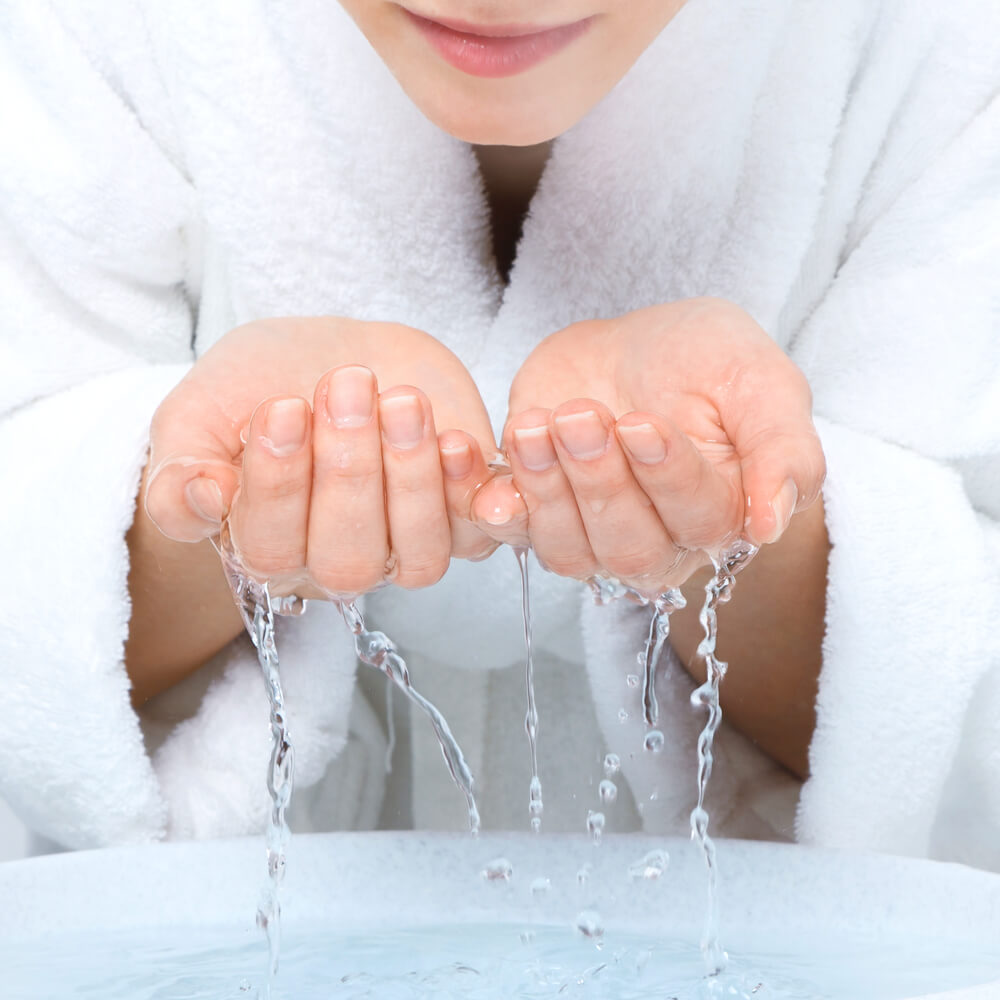Having a clean, safe home is every family’s goal. Indeed, feeling safe in and trusting your space is important. In keeping your household healthy, don’t forget to double and triple-check your water quality. Poorly treated (or untreated) water can host a multitude of bacteria and diseases. Coming into contact with these contaminants can get you or a loved one sick. One of the most common water contaminants is E. coli. Understanding what this germ is, how it gets into your water, and how to prevent it is key to having clean water.
What Is E. Coli?
E. coli is a family of bacteria. These bacteria occur naturally throughout the environment, particularly in water sources or other living creatures. Ingesting E. coli cells through contaminated water or food can lead to infection in humans. While most strains of this bacteria are harmless, others can cause mild to severe illness. Respiratory illness, pneumonia, and digestive illness can be symptoms of E. coli exposure. To protect your family from sickness, be sure your drinking water is purified and from a reputable source.
How E. Coli Gets in Water
There are a few ways E. coli can get into your water source. The most common means is when contaminated fecal matter, human or animal, comes into contact with the water. If the source is not properly treated, the germ can survive and spread into the water supply. Once inside the source, the germ can come out from the water tap. Drinking, cooking, or bathing with the infected water can cause the germ to spread. If the wastewater of the newly infected is not properly treated before reuse, it can cause further infections.
Any water source, from city water grids to personal wells, are vulnerable to E. coli infection. Keeping your faucets inside the home clean is important, but treating E. coli in drinking water must occur in the source itself. Once you’ve turned on the tap to pour exposed water, the risk of infection is there. The good news is that E. coli levels in America are typically low, and most strains are not harmful. To be cautious, though, it’s important to monitor the local presence of the germ and invest in proper water treatment.
New Jersey E. Coli Rates
The state of New Jersey performs routine testing throughout the year to monitor public water sources. The environmental health tracking websites enable residents to routinely check the quality of their area’s water. These tests typically reveal safe water, but E. coli outbreaks still occur. When your area is under a boil water notice, it may indicate the presence of this germ or other contagions. One of the most recent boil advisories was in Jersey City/Hoboken and Passaic Valley. If your area has had a recent advisory or gets them frequently, it’s time to invest in water filtration.
Keeping Your Water Clean
Proper filtration and treatment is the best way to safeguard your home against waterborne illness. At Advanced Water Softening, we have been providing residents of Northern New Jersey with safe water filtration systems since 1976. Our experienced team is dedicated to providing all families with clean water and ease of mind. We offer a wide range of water systems, including softeners, chlorination, ultraviolet purification, filters, reverse osmosis, and neutralizers. At your consultation, we’ll provide a free water sample test to determine what your home needs for the highest quality water. We’ll then work with you to develop a personal payment or rental plan, all based on cutting-edge rates. All of our systems come with free, 24/7 emergency servicing. Contact us today to get started with your free water test. We’ll help you take the first step toward safe, clean drinking water.






